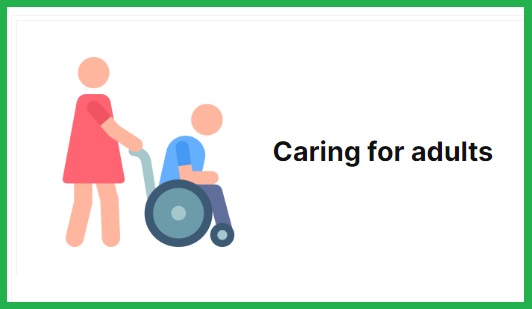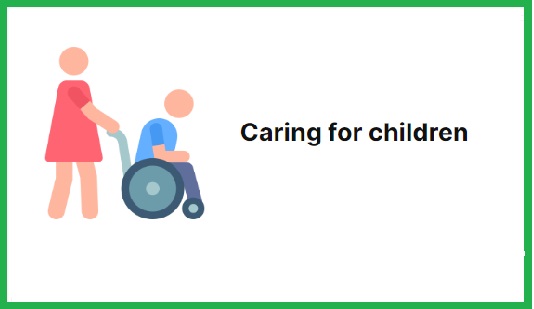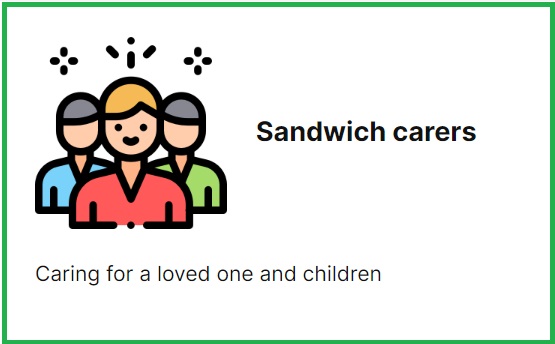Everyone’s journeys to be an unpaid carer are different, but when people talk about their experiences, they see similarities in their own situations.
I’d like to bring those stories together here, in an attempt to raise awareness of the challenges that 1 in 7 people in the UK face. These might be funny, frustrating or heartfelt experiences that you will community that care.
To get you started, I’ve created a guide below that might help you.
I also want to capture the essence of what gets unpaid carers through the day, however small it might seem, it might help another person.




Writing stories
I’m no expert at writing stories, but I’m an expert in my own caring experiences. I know that it can be difficult to start writing about your caring experiences, but it is hoped that stories on this site will help you and other caregivers to feel less alone. So, if you need help getting started, please read the tips below.
|
Note: -Separate your stories: don’t bunch all your experiences into one story, unless they all have one theme e.g. you have no time to yourself anymore! -Don’t rush through this writing process, so set a time frame, like two days or a week to get it finished. -Do a 1st draft and come back later, repeated breaks can make you see errors clearer. -Your writing is NOT useless. It will help people, some of whom might be feeling very alone. -It’s likely there are experiences that you’ll remember later, when you start writing, so give yourself a few days to write your story and if you go off on a tangent in your theme, make that another story. -Additionally, don’t be too distracted about the errors in your writing, especially when you come back to your story; just highlight the errors, make a note to yourself and edit in the final stage. -Give yourself a word limit, e.g. 500 words and list your thoughts, see below for ideas. |
Maximum of 1000 words per story. This is just a guide.
Bullet pointing ideas or writing questions can help separate issues/experiences that you can later expand on. It is likely that this structure might help your reader too, for example
- 1st – A general paragraph of our life together, how we met and then introduce the condition.
- Talk about their condition and your loved one challenges. Were there any initial issues e.g. with diagnosis or adapting the accommodation so it was safe.
- Happy memories during the care time.
- Did I feel alone? Who did I turn to? Did I have anyone to turn to?
- What got me through the day?
- Could the government have supported you more with benefits? Would you have benefitted from more support around you?
- Concluding paragraph. What did you learn from the experience?